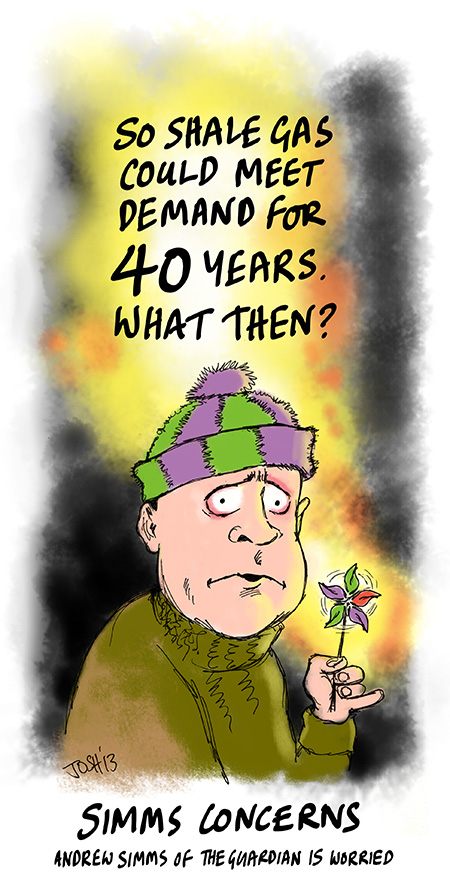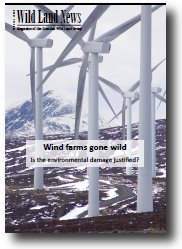 Bishop Hill
Bishop Hill Mothballed plant
 Jun 30, 2013
Jun 30, 2013  Energy: grid
Energy: grid Robert Wilson (no relation to the paleoclimatologist of the same name I assume) has examined the amount of mothballed capacity in the UK energy market, and concludes that there is 4GW or so, enough to raise the safety margin from 5% of demand to 10%.
There is a potential problem, however, in that, operators don't actually want to unmothball their gas-fired plant at the moment. With renewables so grossly inefficient, the playing field has been tipped so far against the fossil fuel operators that nobody is going to risk a sou in the UK market. The hope seems to be that gas operators will be made eligible for a bung too and will be encouraged to play ball again. The government and their environmentalist advisers in DECC are presumably only too aware that this is going to mean that they will be handing out subsidies to both renewables firms and to fossil fuel generators. Selling this to the public as part of a sane energy policy is going to be a struggle, I think.
And whether it will be enough to actually get anyone to play along remains to be seen. Investors in new capacity have already largely been scared off, refusing to believe that the government will be able to get taxpayers to agree to vast subsidies and guaranteed profits gifted to politically connected energy businesses, while at the same time getting them to swallow sustained long-term rises in energy prices. Will operators of mothballed plant see the situation differently? It's possible - the capital costs are sunk after all - so if they are thrown some cash to reopen perhaps they will go for it. But then again, for the cost of unmothballing to be incurred, the generators are going to need some guarantee that they will get a return. That depends on the taxpayer swallowing the costs and the slap in the face of the new subsidy regime.
It's a mad, bad, crazy system. Who'd want to risk their money in it?












